What Every Reader of Young Adult Fiction Should Know
Whether you're a young adult, an older teen, or someone in your twenties, thirties, forties, or older, there's a reason you love reading young adult fiction.
Freud wrote that writers (and I would add consumers) of stories wish to replicate the pleasure once enjoyed during childhood play. He explained that we are reluctant to give up any pleasures we experience in life, and, as often as possible, we engineer the conditions under which we once felt pleasure. Before film, television, video games, adult board games, and live action role play, fiction and theater were the vehicles by which people experienced the pleasure of childhood play in a socially acceptable way.
Writers and consumers of young adult fiction, as opposed to other genres, wish to experience pleasure not often found in other stories. Whether or not we like to admit it, one or more of the tropes used in young adult fiction speaks to us on a deep, psychological level.
At this point, you may be rolling your eyes and saying, "Please. Are you seriously going to defend YA tropes?"
After earning my doctorate in literature and teaching a course called "Young Adult Literature" at a university for over twenty years, I've developed a perspective that may be unpopular and different from yours, but please hear me out.
I often read complaints from readers of young adult fiction about particular tropes; however, there's no consensus over which tropes are "bad" and which are "good." That's because readers have different needs. You can bet that the very trope that annoys you may be the one that another reader craves. Here's why.
1. The protagonist's parents are either dead, useless, or antagonists.
A list of some of the most popular young adult fiction, including Harry Potter, The Hunger Games, A Wrinkle in Time, Star Wars, Island of the Blue Dolphins, The Golden Compass, and The Giver, possesses this trope. Readers who crave this situation in their stories often feel like they have little control in their lives. They enjoy submerging into a world where they become a protagonist that at first feels abandoned or oppressed by parents but is able to persevere and become empowered.
2. The protagonist underestimates himself or herself.
Common in young adult fiction are protagonists who doubt their abilities to rise to the occasion. Luke Skywalker, Bilbo Baggins, Harry Potter ("I'm just Harry"), and countless others hesitate on the threshold of a quest, as Joseph Campbell describes in Hero with a Thousand Faces. In a similar vein, characters underestimate their ability to attract romantic partners. Bella Swan (in Twilight), Meg (in A Wrinkle in Time), Emma Woodhouse ( in Jane Austen's Emma), and even Harry in the sixth Harry Potter book, are guilty of being oblivious to their good looks.
Readers who crave this situation in their stories usually feel insecure about their own abilities and/or appearance. Seeing a character who feels the same way and who eventually learns that they have what it takes is another kind of empowerment.
3. The protagonist is reluctant.
In addition to being an unlikely hero, the protagonist is often an unwilling hero, as described by Joseph Campbell in Hero with a Thousand Faces. Before his aunt and uncle are killed by the Empire, Luke Skywalker resists Obi Wan's call, because Luke thinks he's needed on the farm. Bilbo Baggins has to be tricked by Gandalf to look for the king under the mountain in The Hobbit. And Buffy from Buffy the Vampire Slayer just wants to lead a normal life. Readers who crave this situation want to make sense of the responsibilities life has forced on them. They want to believe that it has all happened for a reason, for a greater good.
4. The protagonist is an outsider.
How many young adult novels have you read in which the protagonist feels as if she or he doesn't belong? Unpopular, nerdy, introverted, or bullied, this protagonist has become a beloved trope by many readers who feel the same way in their lives. There's something empowering to a reader who feels like an outsider in seeing someone likeminded become a hero.
5. The protagonist is the chosen one.
As with the unlikely hero and the outsider, the chosen one fulfills a similar need to feel powerful in a world where we often feel helpless and without purpose. It's exhilarating to follow the story of a seemingly average person--someone with whom many of us easily relate--only to discover that this person is the key to saving the world.
6. The protagonist experiences an instant or mystical connection with a love interest.
The realists among us hate this trope, but the romantics find a one, true, fated love to be a wonderful dream. Many readers find comfort in the notion that everything happens for a reason and that each of us has a person with whom we are meant to spend our lives--a soulmate that affects us like no other. The idea that this soulmate is almost instantly recognizable or felt through electricity or chemistry is often criticized by readers who despise "insta-love." But they forget that not all stories are meant to imitate life. Some are meant to escape it.
7. The protagonist has not one but two love interests.
This is one of my personal favorites, though I have read scathing reviews by readers who despise love triangles. Practically speaking, however, the most popular young adult books (and films) have them. Readers (like me) who seek this situation in their stories long to be the protagonist who is so lovable that multiple people fight for her attention. As with the other tropes, our desire for them usually stems from insecurities. Escaping our world where we may feel unlovable to find more than one amazing love interest is yet another kind of empowerment.
8. The protagonist is inexperienced, naive, and/or ignorant about the ways of the world.
This trope is useful in helping authors introduce their worlds to readers, as readers learn about the world alongside the protagonist. Examples include Clary in The Mortal Instruments and, once again, Harry Potter. In addition to being naive about the world, the protagonist may also be inexperienced in love. Readers who crave this trope are either young people who like to anticipate and dream about their future first kiss or older people who want to experience those "firsts" all over again through a story.
In addition to understanding the reasons for these common tropes, readers of young adult fiction should be aware of the special situation in which they are often placed.
Literature, and art in general, can be a powerful weapon for good or evil. Plato discusses the danger of art in The Republic. It can perpetuate stereotypes, propaganda, and lies. Children's and young adult fiction can be especially adept at brainwashing its victims. For example, the earlier versions of Cinderella and Snow White, in which oppressed female characters must be saved by a prince charming, were enemies of the female liberation movement. Hugh Lofting's The Voyages of Doctor Dolittle promotes imperialistic attitudes toward native peoples. William Golding's The Lord of the Flies, a work I consider to be brilliant in terms of literary technique, likewise supports the notion that the conditioning forces of British institutions are necessary to tame savages.
Young adult books also have the capacity to be powerful tools for social justice. Works such as Alice Walker's The Color Purple and Anne Frank's The Diary of a Young Girl come to mind as works that record, reveal, or expose injustices. Stories can also function as tools of social criticism, such as Margaret Atwood's The Handmaid's Tale, Suzanne Collins's The Hunger Games, and George Orwell's Animal Farm. Finally, young adult literature can show us a world that is more equitable than the one we live in, such as Ursula Le Guin's The Dispossessed, Ted Chiang's The Lifecycle of Software Objects, and even apocalyptic stories such as Octavia E. Butler's Lilith's Brood and Robert Kirkman's The Walking Dead. In the latter, humanity is leveled by zombies but the new world order that arises from the ashes includes leaders that are female, men and women of color, gay, and members of other pre-apocalyptic disenfranchised groups.
You also have to wonder why some of the tropes in young adult fiction make some readers so angry. I'm often shocked by reviews of young adult novels by readers that are outraged by any one of the above I've mentioned. Perhaps they feel robbed, having paid money for a story that seems too familiar--tired, even. Maybe they were hoping for something brand new, original, less derivative. But, here's the thing: all stories, to one degree or another, are derivative. As is stated in Ecclesiastes, "There is nothing new under the sun."
However, good stories are able to make "the familiar strange" as Viktor Shklovsky once wrote. So it isn't unfair for readers to complain when a story feels "tired." Yet, the sheer presence of the trope is not the problem; it's the way in which it is treated by the author.
Whether you agree or disagree with my perspectives on young adult literature, I invite you to download one of my books for free, as an example of a work that contains most of the above tropes and which, in light of issues of social justice, portrays a character who eventually (in later books) goes up against the patriarchal Greek pantheon in an attempt to reform it.
I wrote Thanatos as a defense of Hades, who is unfairly conflated with the Judeo-Christian "Satan" in Disney's animated film Hercules. I was inspired by the movie Meet Joe Black, in which Death wants a chance to learn about life. I wondered how the story might be different if based on Thanatos, the Greek god of death. At the time I wrote Thanatos, readers of Percy Jackson had no other Greek mythology stories to age up to. I saw this as an opportunity to fill a need while indulging my love for Greek myth. Unlike the Percy Jackson stories, my protagonist would interact, not with demigods, but with the gods themselves, in a modern setting. The story began as a standalone and grew into a trilogy. With reader demand, I expanded it into a six-book saga and later added a prequel that could be read before or after the series. As the books continued to do well, I added three more to what is now a ten-book series called The Underworld Saga.
I invite you to read the first book for free in ebook to see if you like my style and my use of common tropes. Many of my readers have gone on to read all ten books in the series multiple times. A reviewer for Midwest Review wrote that Thanatos is "a powerful young adult fantasy" and a writer for Kirkus Reviews said that it's "sure to thrill." It's also been described as "addicting," "entertaining," and "one of the best modern retellings of ancient myth."
At the back of the final book, Storming Olympus, I ask readers to email me if they want me to continue with The Marcella II. The response has been overwhelming. The Marcella II will release on May 31, 2020 in a new series called Vampires and Gods.
To download your free ebook copy of Thanatos from your favorite vendor, please go here.
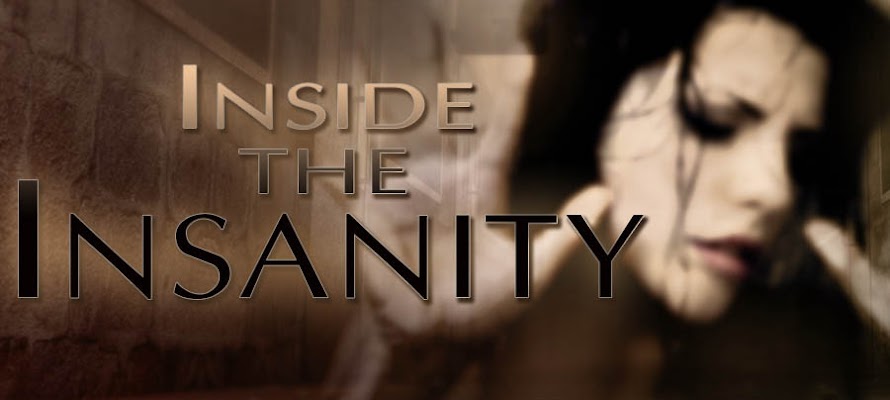
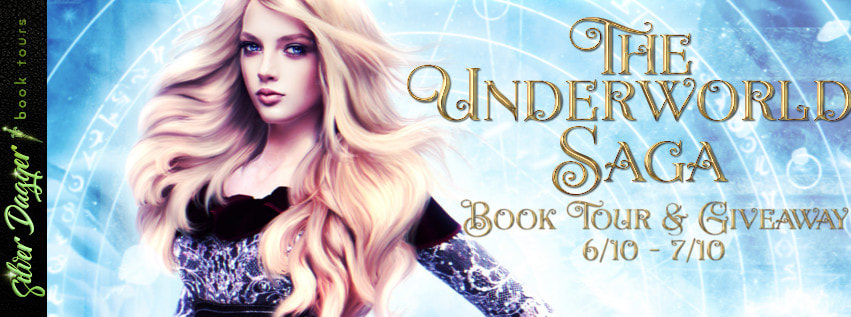
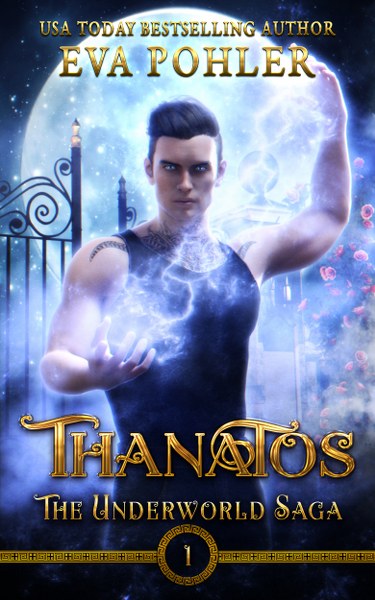

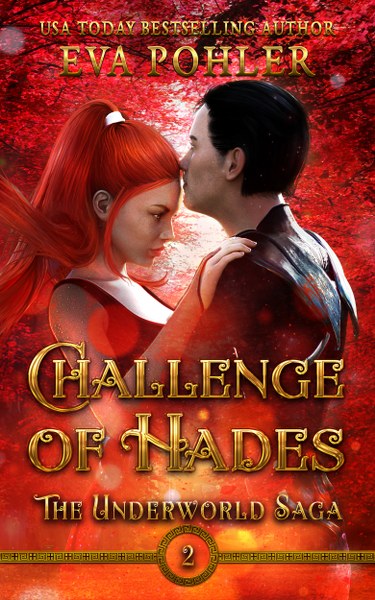
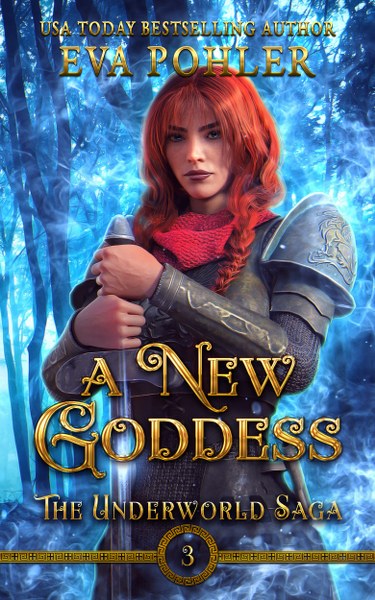
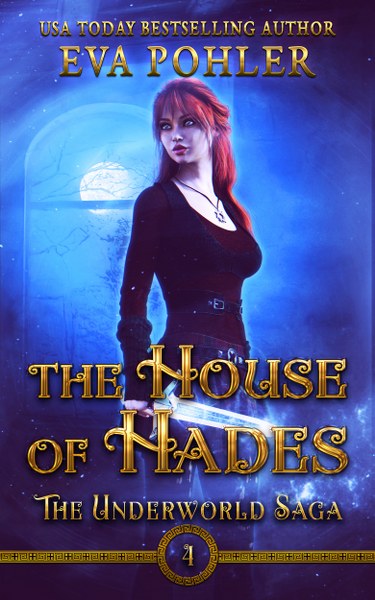
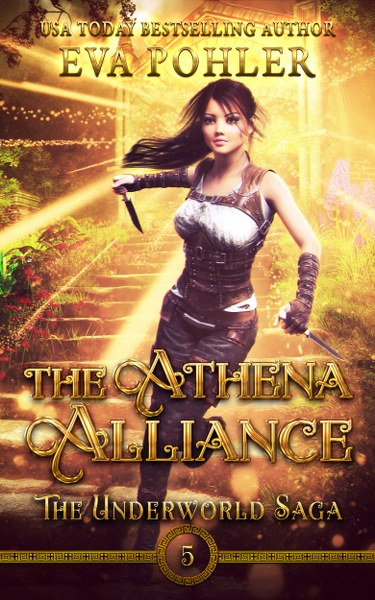
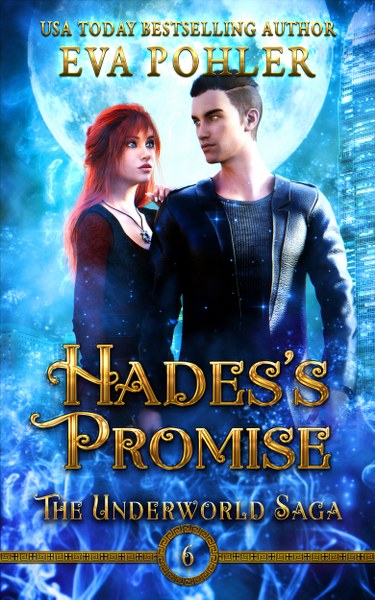
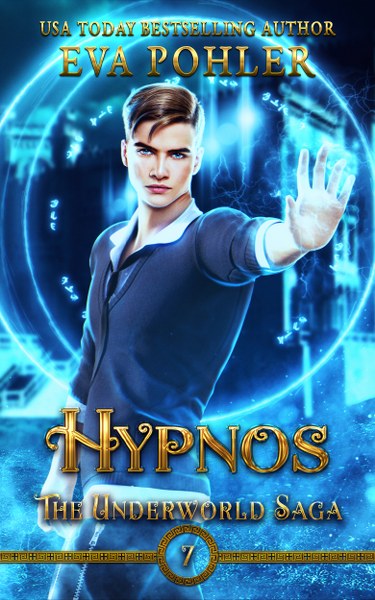
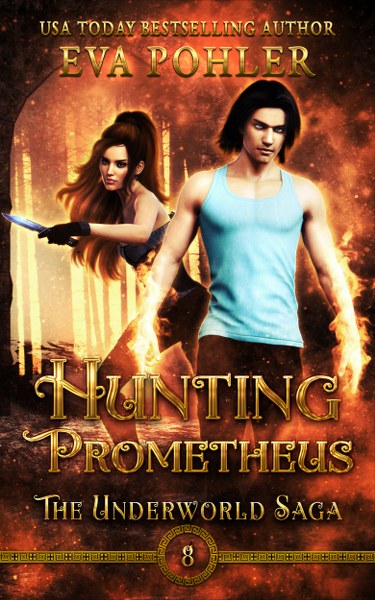
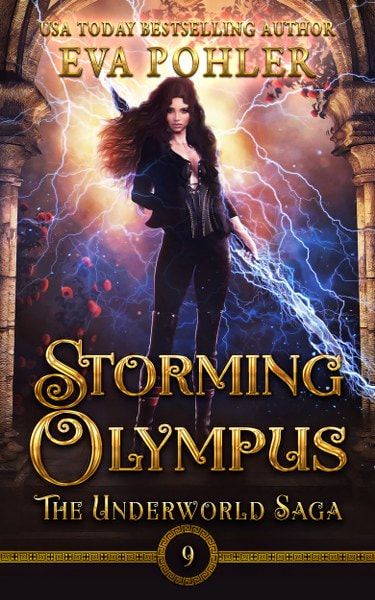
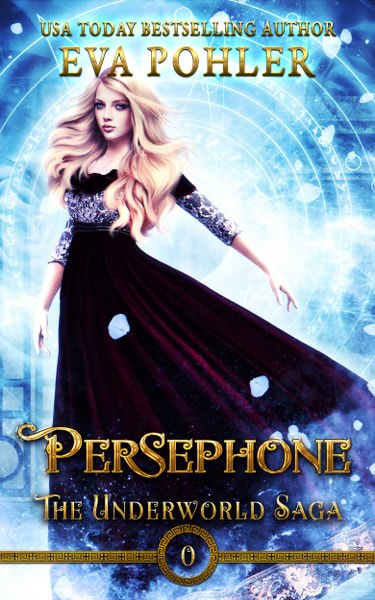
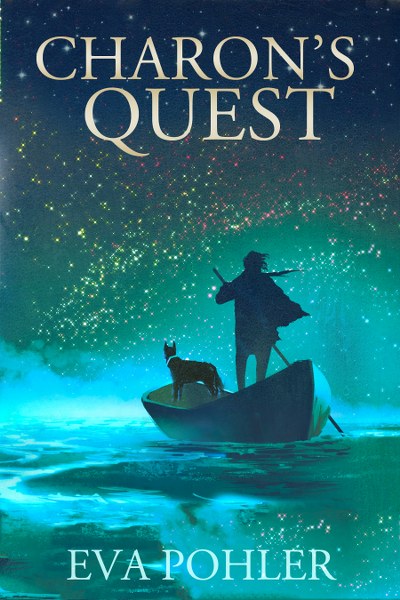


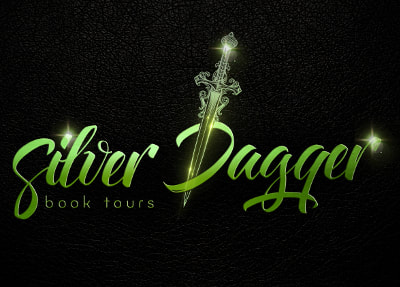
No comments:
Post a Comment